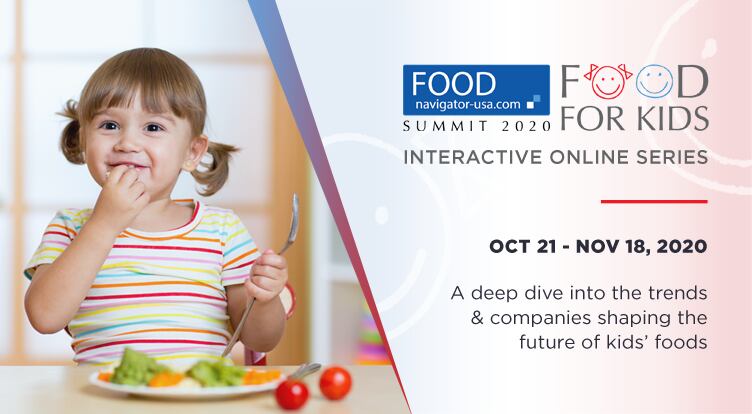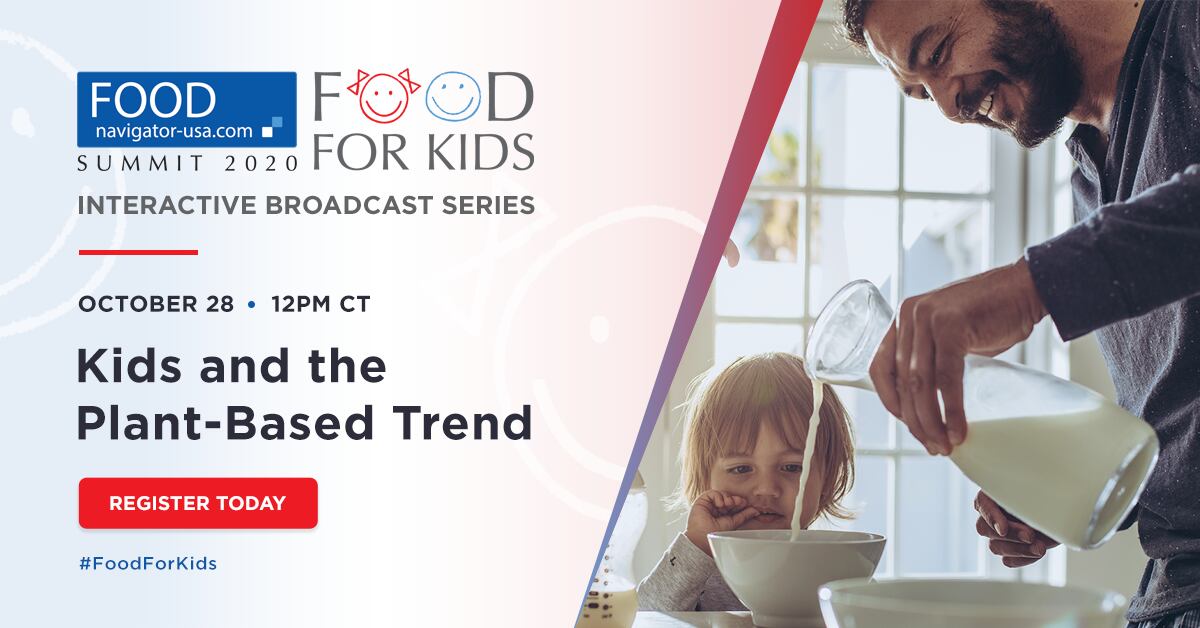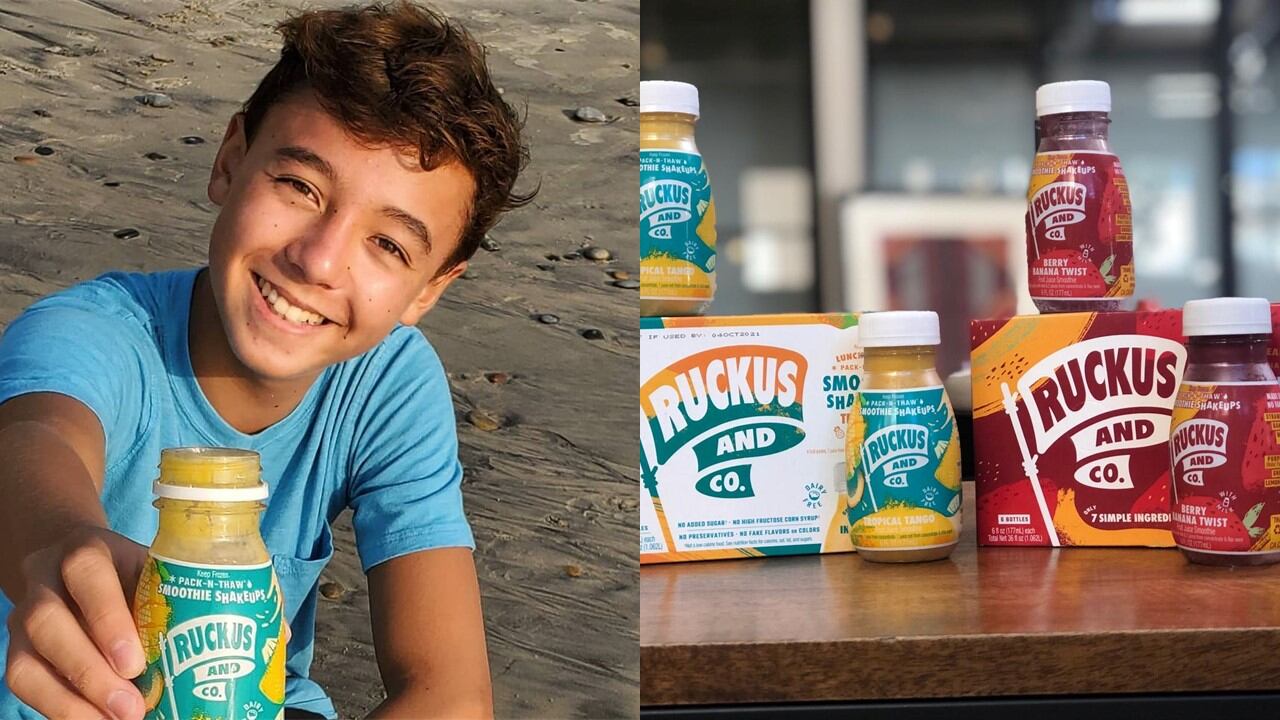“As kid influencers become more ubiquitous, federal and state actions to protect children under existing authorities are necessary. Simultaneously, new regulations and enforcement mechanisms may be necessary to protect children from … evolving marketing strategies,” including the increasing prevalence of influencers aged 3 to 14 years on YouTube, argue researchers from NYU School of Global Public Health and NYU Grossman School of Medicine in a new study published Oct. 26 in the journal Pediatrics.
They add the need for increased oversight and enforcement of kid influencers on YouTube and other social media platforms is particularly important given limitations of existing regulations and interventions when it comes to children.
For example, the researchers note, current FTC requirements for endorsement disclosures “may easily be disregarded or not understood by children, as identified in a 2019 complaint filed with the FTC against one of the channels [Ryan ToysReview] in our sample.”
Similarly, they argue, “many kid influencer tactics (eg ability to generate feelings of trust, blurring content with advertising and use of host-selling…) may qualify as unfair or deceptive acts and practices directed at children under federal and state consumer protection laws.”
Finally, they noted, FTC’s enforcement of YouTube “is not consistent with other media,” which are prohibited from host-selling, for example. As such, they argue, “new regulations and enforcement mechanisms may be necessary to protect children from these evolving marketing strategies.”
Beyond calling on FTC and regulators to strengthen oversight of kid influencers on YouTube, the researchers also ask pediatricians to encourage parents to limit children’s screen time on YouTube, and inform parents of “marketing disguised as entertainment” on the platform.
The reach of kid influencers
The researchers’ call to action comes at a time when they say many food and beverage brands are “dramatically” increasing their online advertising “in response to consumers’ growing social media use.”
At the time of the study in the summer of 2019, food and beverage companies spent $1.8b annually marketing to children, mostly through television ads, but increasingly through kid influencers on social media, such as YouTube, according to the study.
“YouTube … provides a significant amount of content that is viewed by children. More than 80% of parents with a child <12 years of age allow their child to watch YouTube, and 35% of parents report that their children watches YouTube ‘regularly. Children as young as age 2 to 8 years spend nearly an hour a day using mobile devices, and 75% of those children use their devices to watch videos on social media platforms like YouTube,” according to the study.
Given the reach of YouTube and kid influencers on the platform, the researchers said it was “critical to examine the extent to which these social media sites promote unhealthy food and beverage products that could shape children’s and parents’ dietary decisions.”
The extent is “staggering,” concluded the researchers after reviewing 418 YouTube videos featuring the five most popular kid influencers on the platforming 2019.
Nearly half (42.8%) of the most popular videos from kid influencers promoted food and drinks, more than 90% of which the researchers deemed unhealth branded food, drinks or fast food toys.
“The most frequent featured brands were McDonald’s (n=81), Hershey’s (n=16), Kinder (n=13), M&Ms (n=12), Skittles (n=11), Oreo (n=9), Coca-Cola (n=8), Kellogg’s Froot Loops (n=8), Dairy Queen (n=6) Pop Tarts (n=5), Reese’s (n=5), Taco Bell (n=5) and Starbucks (n=5), all of which promoted unhealthy branded items,” according to the research.
Only a small fraction – 3% -- of the videos featured healthy unbranded items, like fruit, and 2% showcased healthy branded items, like yogurt brands, according to the study.
Based on these findings and that the videos exceeded 16 million impressions as well as a potential to increase sales by up to 28% of an endorsed product, the researchers concluded there is an “urgent need to reduce unhealthy food and drink product placement in videos featuring and targeting young children.”
Editor's Note: Interested in learning more about what children eat and how brands reach them? Join FoodNavigator-USA's virtual Food For Kids Summit going on now! Get all the details for registration and find past and upcoming events HERE.





